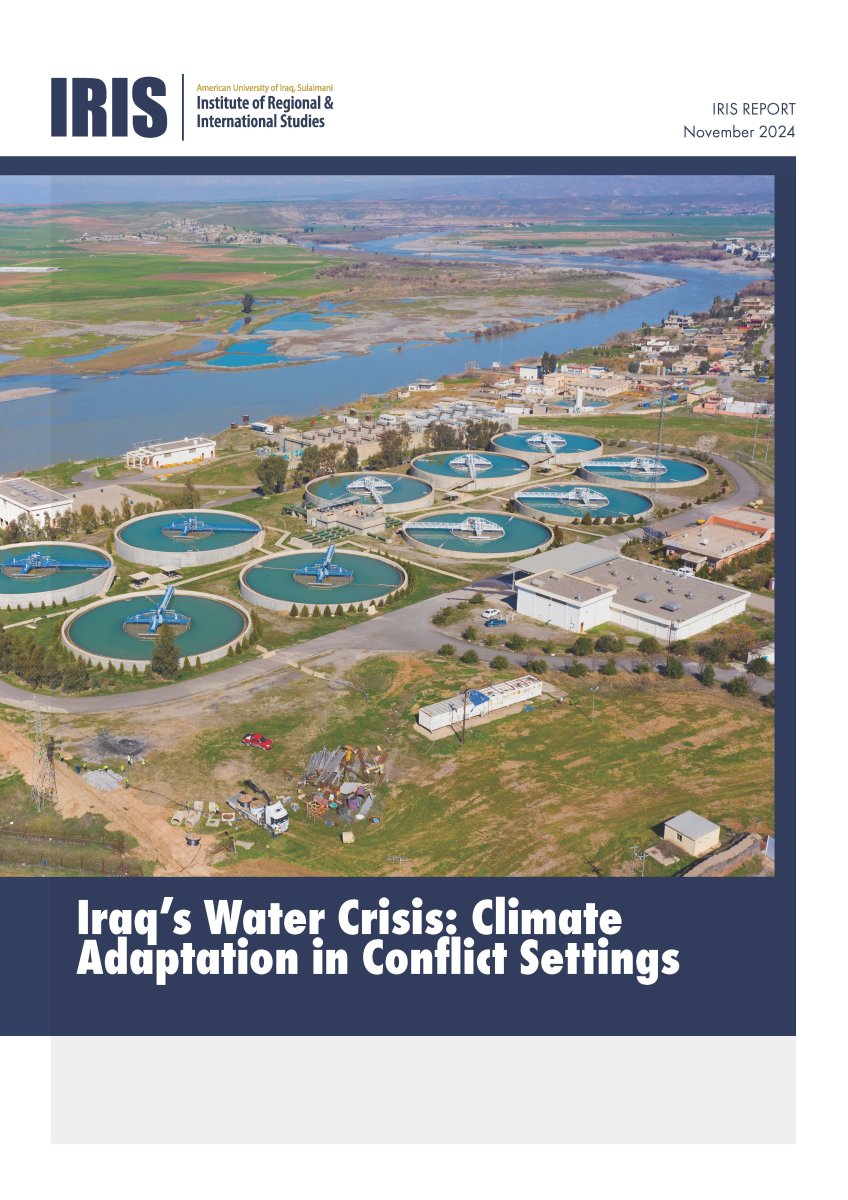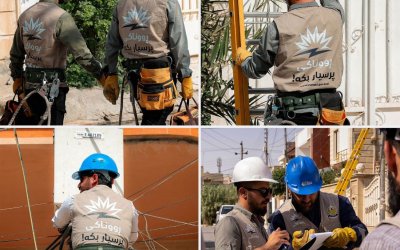Iraq faces an escalating water crisis driven by unprecedented droughts, transboundary water disputes, and decades of environmental degradation. This report, commissioned by the U.S. Institute of Peace, delves deep into the national and local challenges shaping Iraq’s water governance. From Erbil and Sulaymaniyah to Basra and Dhi Qar, the report provides a detailed analysis of how infrastructure, budgetary constraints, and political obstacles contribute to widespread water scarcity and pollution, triggering social unrest and exacerbating regional inequalities.
The research highlights the interconnectedness of Iraq’s water issues with its governance structures, emphasizing the urgent need for holistic approaches that go beyond technical fixes. Key findings underscore the necessity for substantial investment in water treatment plants, irrigation systems, and sustainable resource management, alongside fostering social cohesion to prevent conflicts over dwindling resources.
Click here or the photo below for the full report
AUTHORSHIP POLICY:
The views expressed in this report are those of the authors and do not necessarily reflect the positions or policies of the Institute of Regional and International Studies (IRIS) or the U.S. Institute of Peace (USIP).





